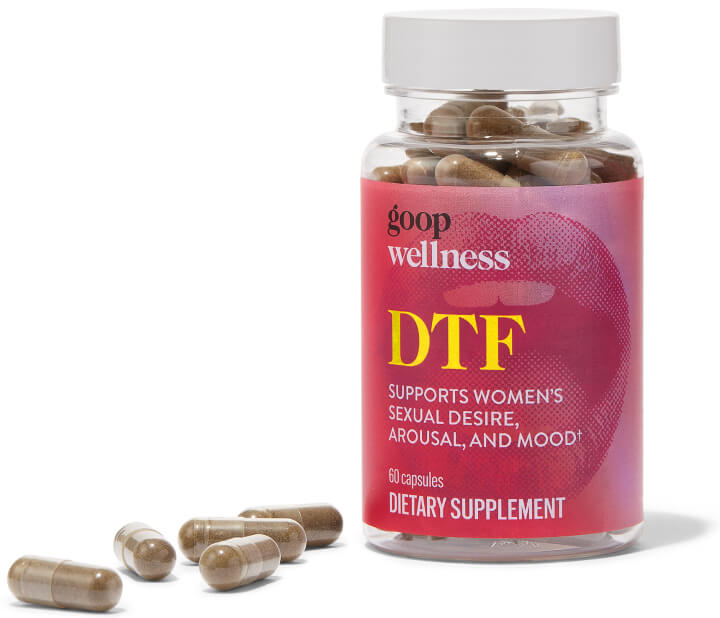Taking Fenugreek Extract for Sexual Arousal and Desire | Goop

Photo courtesy of @nechaev_np
Libido is complicated. It’s affected by everyday stress and anxiety, hormonal fluctuations, and fatigue. Addressing those issues—with stress management, better sleep, talking to your doctor—does most of the legwork. Some supplements can help, too.
That’s how we got interested in what fenugreek—an herb native to the Mediterranean and widely cultivated in India—can do for a healthy libido. In the studies we read, fenugreek seed extract was shown to support sexual health and healthy sexual function in women. One type of fenugreek seed extract in particular (it’s called Libifem®) has been shown in one clinical study to support sexual arousal and desire in healthy menstruating women. In the study, which lasted eight weeks, those receiving Libifem also reported that they were having more frequent sex than those in a placebo group.
It looks like fenugreek has potential for people experiencing menopause, too. In perimenopause and menopause, declining estrogen levels can contribute to changes in our vulva, vagina, pelvic floor, and libido. We can recognize these as sexual symptoms of menopause. In a clinical study, Libifem was shown to provide support for symptoms of menopause, including sexual ones.
-
We included Libifem fenugreek seed extract in our new libido supplement, DTF, because of all the research above. We formulated it with the clinically studied dose: You take one capsule twice a day, with each capsule containing 300 milligrams of Libifem. We also included two other herbal ingredients, shatavari, a traditionally used female health adaptogen, and saffron to support a healthy mood.*
-
 goop Wellness
goop Wellness
DTF
goop, $55/$50 with subscriptionSHOP NOW
-
For most people, fenugreek is safe to take regularly, but as always, you’ll want to run it by your doctor first to make sure it’s right for you. There are a few situations in which taking fenugreek isn’t a good idea, like if you have a history of hormone-sensitive cancers, or if you take blood-thinning medication or diabetes medication. Fenugreek seed extract isn’t safe to take during pregnancy either, so if you’re pregnant or planning to become pregnant, it’s best to sit this one out.
Libifem® is a registered trademark of Gencor.
*These statements have not been evaluated by the Food and Drug Administration. This product is not intended to diagnose, treat, cure, or prevent any disease.
This article is for informational purposes only. It is not, nor is it intended to be, a substitute for professional medical advice, diagnosis, or treatment and should never be relied upon for specific medical advice. To the extent that this article features the advice of physicians or medical practitioners, the views expressed are the views of the cited expert and do not necessarily represent the views of goop.
This article was originally published by goop.com. Read the original article here.




